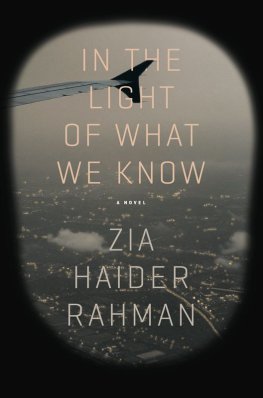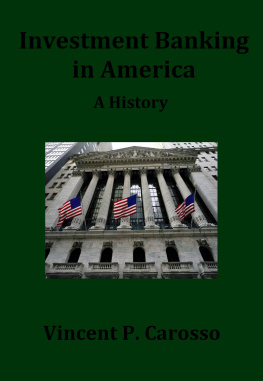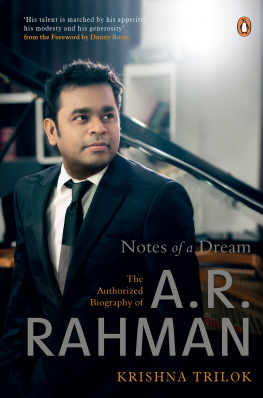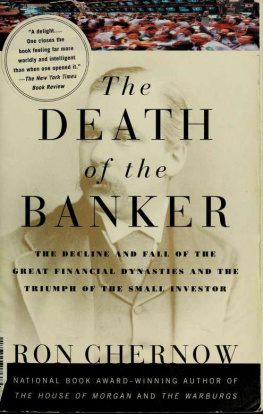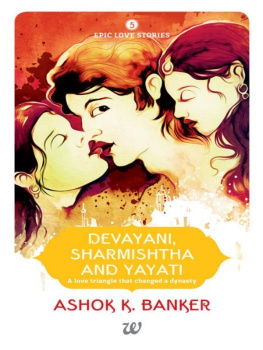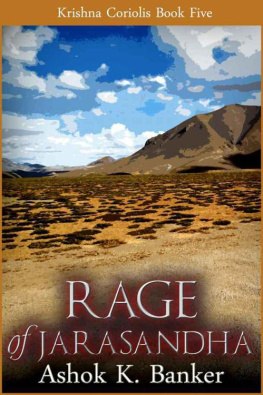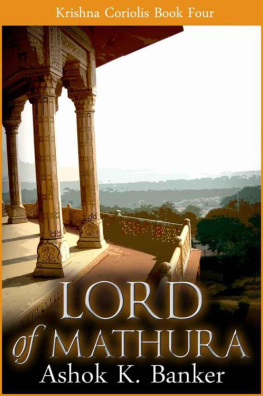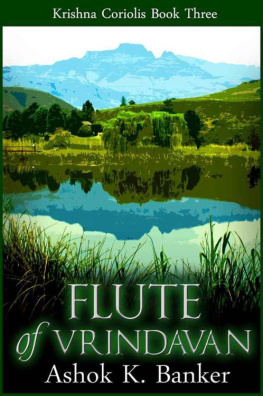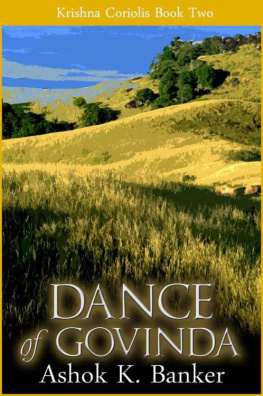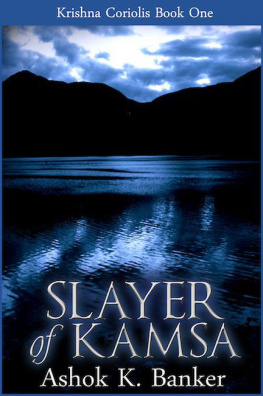Zia Haider Rahman
In the Light of What We Know
Our concern with history, so Hilarys thesis ran, is a concern with preformed images already imprinted on our brains, images at which we keep staring while the truth lies elsewhere, away from it all, somewhere as yet undiscovered.
W. G. Sebald, Austerlitz
1. Arrival or Wrong Beginnings
Exile is strangely compelling to think about but terrible to experience. It is the unhealable rift forced between a human being and a native place, between the self and its true home: its essential sadness can never be surmounted. And while it is true that literature and history contain heroic, romantic, glorious, even triumphant episodes in an exiles life, these are no more than efforts meant to overcome the crippling sorrow of estrangement. The achievements of exile are permanently undermined by the loss of something left behind forever.
Edward W. Said, Reflections on Exile
Now when I was a little chap I had a passion for maps. I would look for hours at South America, or Africa, or Australia, and lose myself in all the glories of exploration. At that time there were many blank spaces on the earth, and when I saw one that looked particularly inviting on a map (but they all look like that) I would put my finger on it and say, When I grow up I will go there.
Joseph Conrad, Heart of Darkness
It is not down in any map; true places never are.
Herman Melville, Moby-Dick
In the early hours of one September morning in 2008, there appeared on the doorstep of our home in South Kensington a brown-skinned man, haggard and gaunt, the ridges of his cheekbones set above an unkempt beard. He was in his late forties or early fifties, I thought, and stood at six foot or so, about an inch shorter than me. He wore a Berghaus jacket whose Velcro straps hung about unclasped and whose sleeves stopped short of his wrists, revealing a strip of paler skin above his right hand where he might once have worn a watch. His weathered hiking boots were fastened with unmatching laces, and from the bulging pockets of his cargo pants, the edges of unidentifiable objects peeked out. He wore a small backpack, and a canvas duffel bag rested on one end against the doorway.
The man appeared to be in a state of some agitation, speaking, as he was, not incoherently but with a strident earnestness and evidently without regard for introductions, as if he were resuming a broken conversation. Moments passed without my interruption as I struggled to place something in his aspect that seemed familiar, but what seized me suddenly was a German name I had not heard in nearly two decades.
At the time, the details of those moments did not impress themselves individually upon my consciousness; only later, when I started to put things down on paper, did they give themselves up to the effort of recollection. My professional life has been spent in finance, a business concerned with fine points, such as the small movement in exchange rates on which the fate of millions of dollars or pounds or yen could hang. But I think it is fair to say that whatever professional success I have had whatever professional success I hadowes less to an eye for detail, which is common enough in the financial sector, than it does to a grasp of the broad picture in which wide patterns emerge and altogether new business opportunities become visible. Yet in taking on the task of reporting my conversations with Zafar, of collating and presenting all the material he provided, including volumes of rich and extensive notebooks, and of following up with my own research where necessary, it is the matter of representing details that has most occupied me, the details, to be precise, of his story, which is to risk putting it in such dramatic terms as Zafar would deprecate the story of the breaking of nations, war in the twenty-first century, marriage into the English aristocracy, and the mathematics of love.
* * *
I had not heard the name of the twentieth-century Austrian American mathematician Kurt Gdel since a July weekend in New York, in the early 1990s, when I was visiting from London for a month of induction at the head offices of an investment bank into which I had recently been recruited. In some part I owe my recruitment to the firm, of which I later became a partner, to Zafar, who was already a derivatives trader in the banks Wall Street offices and who had quickly established a reputation as a bright though erratic financial wizard.
Like Zafar, I was a student of mathematics at Oxford, but that, to put it imprecisely, was the beginning and the end of what we had in common. Mine was a privileged background. My father was born into a well-known landed family in Pakistan, where he met and married my mother. From there, the newlyweds went to Princeton, where they had me, making me an American citizen, and where my father obtained his doctorate before moving to Oxford so that he could take up a chair in physics. I am no genius and I know that without the best English schooling, I would not have been able to make as much as I have of the opportunities that came my way.
Zafar, however, arrived at Oxford in 1987 with a peculiar education, largely cobbled together by his own efforts, having been bored, when not bullied, out of one school after another. His family moved to Britain when he was no more than five years old, but then, at the age of twelve, or ten, by the new reckoning, he returned from Britain to rural Bangladesh for an interval of some years.
To him, Oxford must have seemed, as the expression goes, a long way to come. In our first term there, as we lounged in the Junior Common Room beside windows that gave out onto the garden quad, I observed that Zafars pronunciation of the names of various Continental mathematicians Lebesgue, Gauss, Cauchy, Legendre, and Euler was grotesquely inaccurate. Though my first reaction, I am a little ashamed to say, was to find this rather amusing, I soon grasped that Zafars errors marked his learning as his own, unlike mine, which carried the imprint of excellent schoolmasters. I must confess to a certain envy at the time.
The greatest difference between us, however, the significance of which I did not begin to ascertain until two years after our first meeting, lay in our social classes. As I mentioned, my father was an academic at Oxford, and my mother, after seeing off her only child to university, had returned to practicing as a psychotherapist, throwing herself into the retraining necessary to make up ground lost while raising me. My maternal grandfather had been Pakistans ambassador to the United States and had moved in that countrys elite internationalist circles; his closest friend had been Mohammad Asad, Pakistani ambassador to the UN shortly after 1947, a man who had begun life as Leopold Weiss, an Austro-Hungarian Jew born in what is now Ukraine. On the paternal side, my grandfather was an industrialist whose fortune, based on landholdings and tenancies, he augmented with the profits of shipping enterprises.
More than once during term time, Zafar came with me to lunch at my parents home, a large double-fronted, three-story Victorian house like many in that part of Oxford, though somewhat more capacious than the homes of most academics. To this day, whenever I return there, I feel an ease and lightness suffuse my being as I tread across the sweeping arc of the driveway, the gravel crunching underfoot, up to the stained glass of the wide front door.
On his first visit, Zafar stood at the threshold, wiping his feet over and over, his eyes darting about the large hall, his mouth slightly open. Evidently, he was, as people often are, astonished by the books, which were everywhere: shelves hanging wherever a wall would allow, books overflowing onto the floors, even leaning accordion-like on the staircase along the wall. In the family room, old issues of science magazines and journals, my fathers subscriptions, sat in box files on shelves that scored the walls like lines on a writing pad. More recent issues lay about in small piles on a sideboard and on the floor. Zafar surveyed all this, but his eyes settled on the far wall that was covered with my fathers collection of old maps, mounted and framed, of the Indian subcontinent under the British Raj, an area that today stretches from Pakistan across India to Bangladesh. Zafar drew up to the maps and it was apparent that his focus had fixed on one in particular, a map of the northeast corner of the subcontinent. Minutes passed as he stood silently gazing at it. Only when the time came to move to the summer room for lunch, and my father rested his hand on Zafars shoulder, was my friend roused from his intense study.

